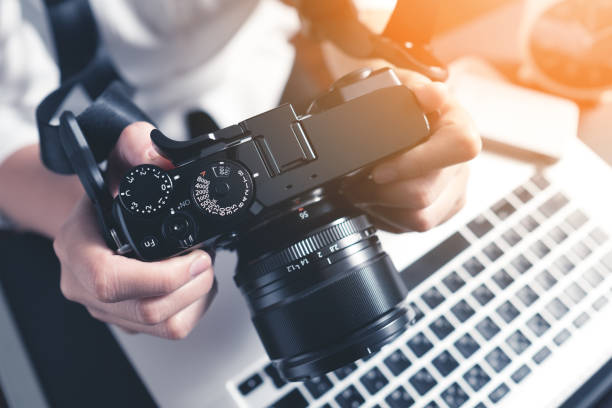Photography is a rewarding skill that requires continuous learning and practice. This article offers valuable suggestions to help you create stunning photographs and enhance your photography skills.
Table of Contents
- Get Close to Your Subject:
Approach your subject closely to capture intricate details and eliminate background distractions. Proximity adds depth to your images and allows for the expression of facial emotions, turning a good photo into a great one.
2. Focus on a Single Subject:
Choose a specific subject to be the focal point of your photo. Avoid clutter by concentrating on one component, ensuring a clear and impactful message in your images.
3. Curate Your Best Shots:

When showcasing your work, select only your best images to maintain viewer interest. Avoid repetition and strive for variety to keep your audience engaged. Quality over quantity is key.
Basic Photography Guide Essential Tips for Capturing Great Shots
4. Master White Balance
Experiment with your camera’s white balance settings to adjust to different lighting conditions. Correcting color tones, especially in indoor fluorescent lighting, enhances the overall quality of your photographs.
5. Travel Light but Prepared:
When traveling, pack your photography equipment carefully. Carry versatile lenses, cleaning accessories, and sufficient batteries. Prioritize convenience and only bring what you will use during your trip.
6. Enjoy the Process:

Photography should be enjoyable. Capture moments that bring you joy and tell a story. The passion you feel while taking photos often translates into the quality of your work.
7. Collaborate and Learn:
Join photography clubs or shoot with fellow photographers to learn from others. While appreciating diverse styles, ensure that your unique voice remains present in your work.
8. Adjust to New Settings:
Before crucial shoots, practice in different settings to familiarize yourself with the conditions. Lighting changes, so take practice shots to adapt to the environment and refine your settings.
9. Read Your Camera Manual:

Take the time to read your camera’s manual thoroughly. Understanding your equipment maximizes its potential, helping you capture higher-quality images and avoid common mistakes.
10. Experiment with Filters:
Explore the use of filters to enhance your photography. UV filters, for example, protect your lens, while others can create special effects. Experimenting with filters adds versatility to your shots.
11. Utilize Low Angles for Impact:

Experiment with low angles to add impact to your photos. Shooting from below can make subjects appear more powerful and provide a unique perspective.
12.Practice with Fast-Moving Subjects:
When capturing fast-moving subjects, adjust your camera settings accordingly. Higher ISO settings can help freeze motion and ensure clear shots.
Final Thoughts:
When faced with challenging lighting conditions in landscapes, use photo editing software and gradient filters to balance contrasting light and improve the overall quality of your images.
Remember, photography is both an art and a skill. Embrace the learning process, practice regularly, and, most importantly, have fun capturing moments through your lens.
